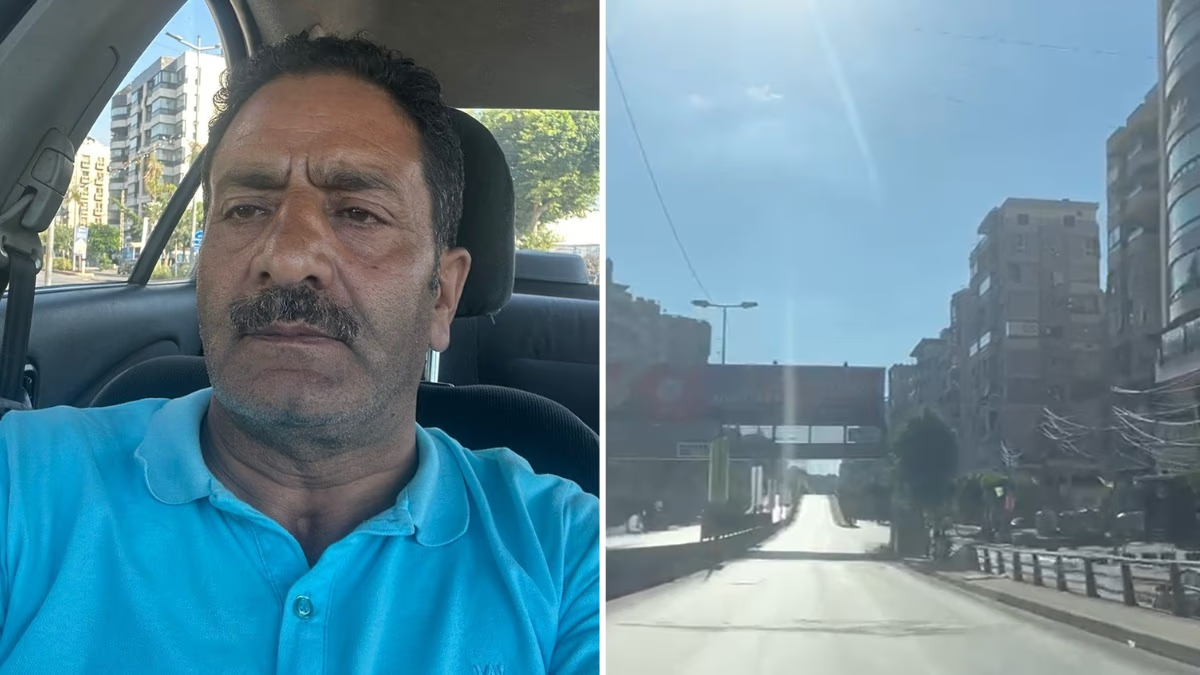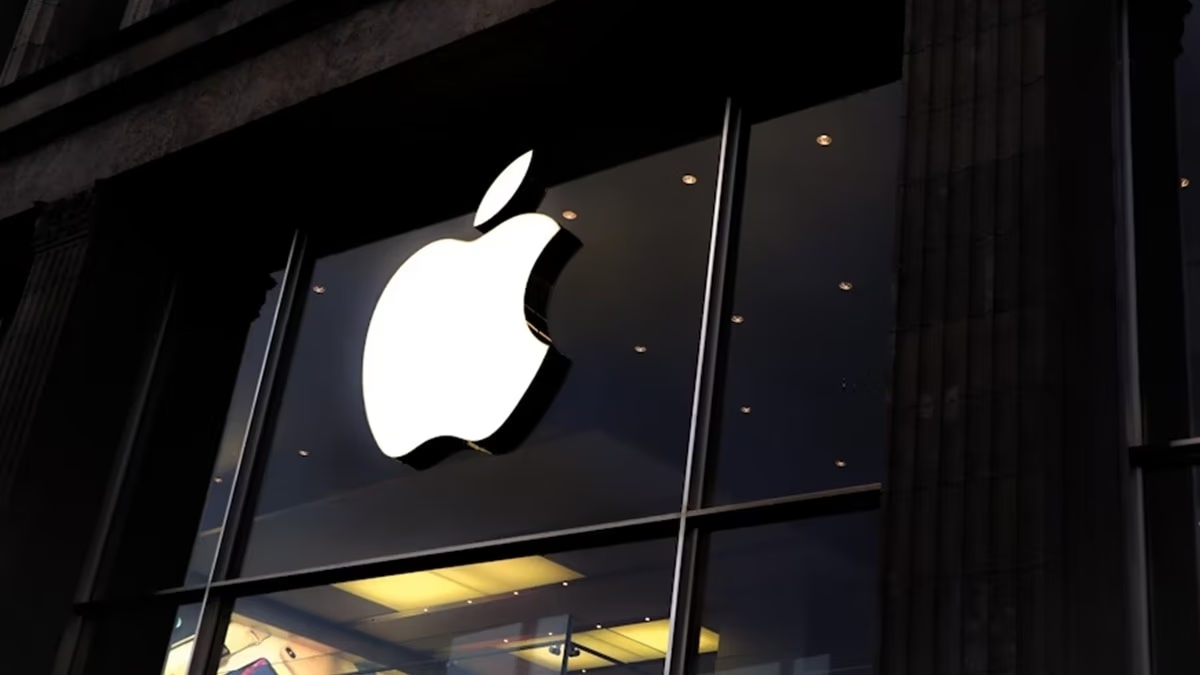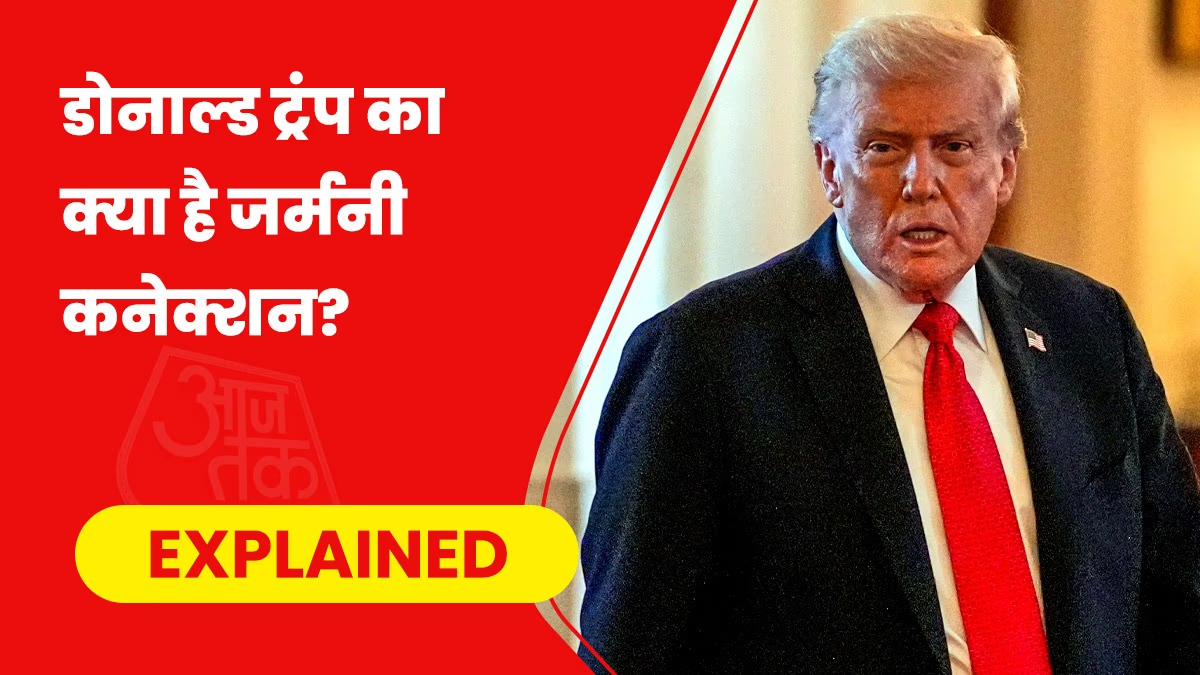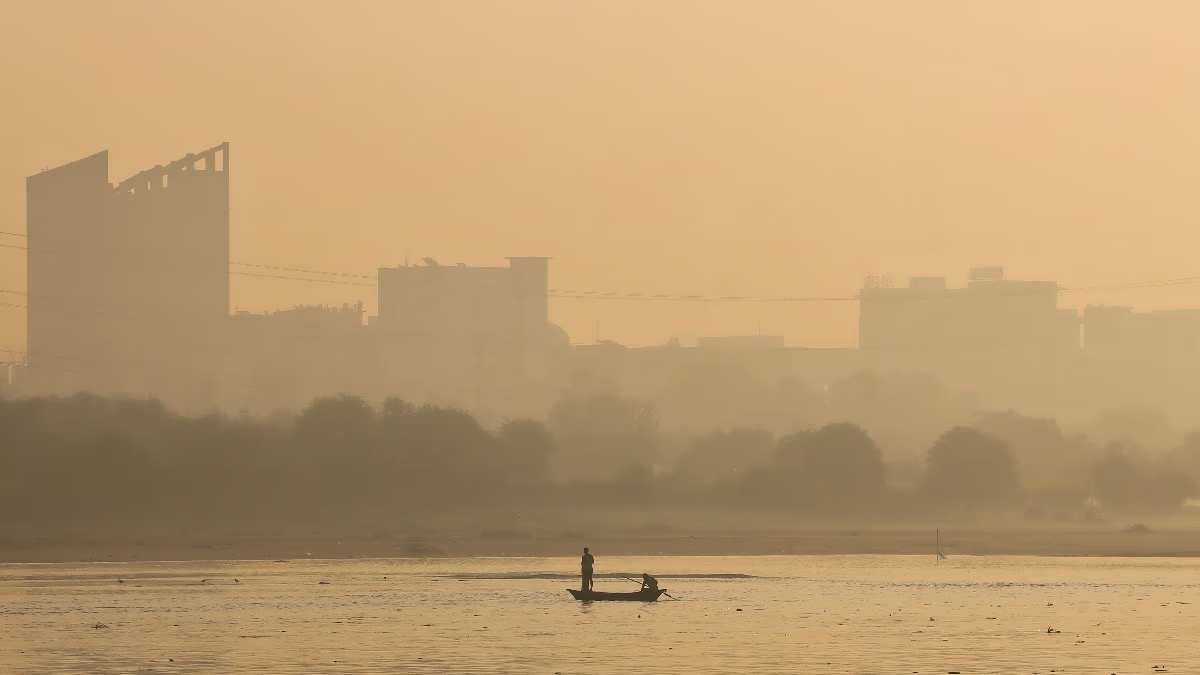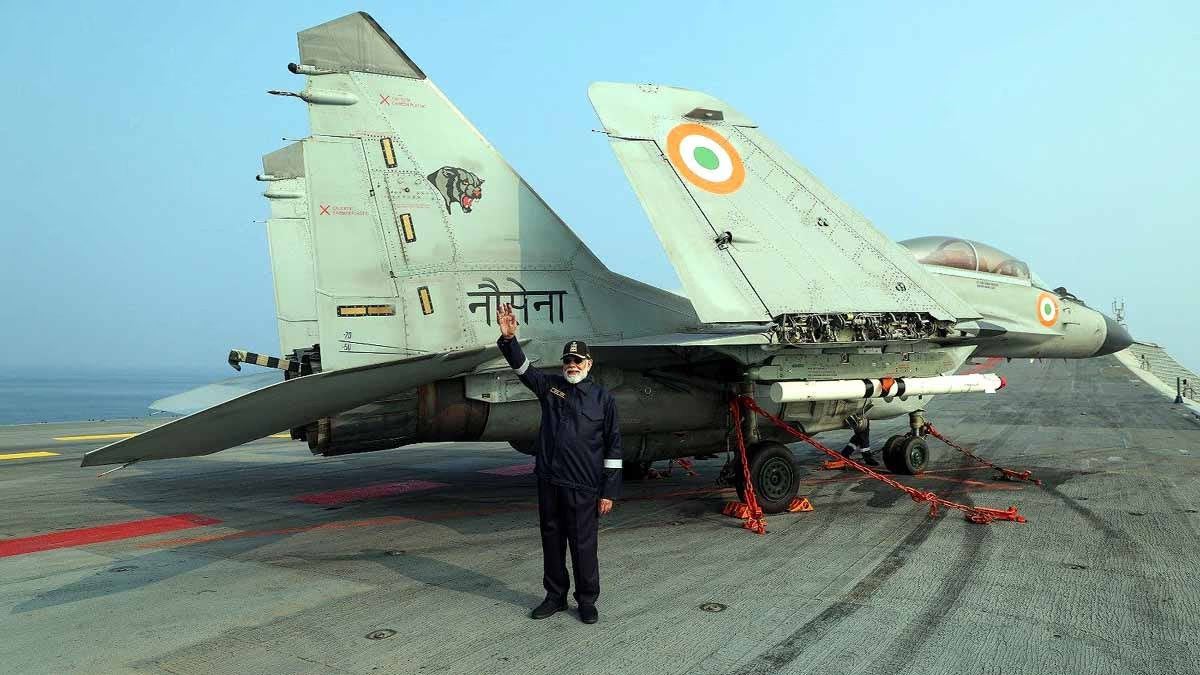Israel-Hezbollah War:
Israel conducted an airstrike in Lebanon, killing Hezbollah Chief Hassan Nasrallah, leading to heightened tension throughout Lebanon and Beirut. The silence stretches for miles in South Beirut. The fear is so pervasive that people aren't stepping out of their homes. Today, on location in South Beirut, we're reporting the situation firsthand. Read our ground report by reporter Ashraf Wani...
We reached the site where the Israeli Defense Forces demolished the Hezbollah headquarters on Friday. After Hassan Nasrallah was killed in South Beirut, only Hezbollah flags can be seen. The streets are utterly empty. Shops and markets are closed. No one is visible. People are terrified, fearing when the next Israeli rocket might strike.
Israel Targeting Hezbollah Strongholds
On Sunday, Israel claimed they targeted another Hezbollah stronghold in South Beirut, spreading more fear among the locals. Over many kilometers, the only person we saw on the road was a Hezbollah fighter on a scooter. Residents of South Beirut are hiding in bunkers or safe places.
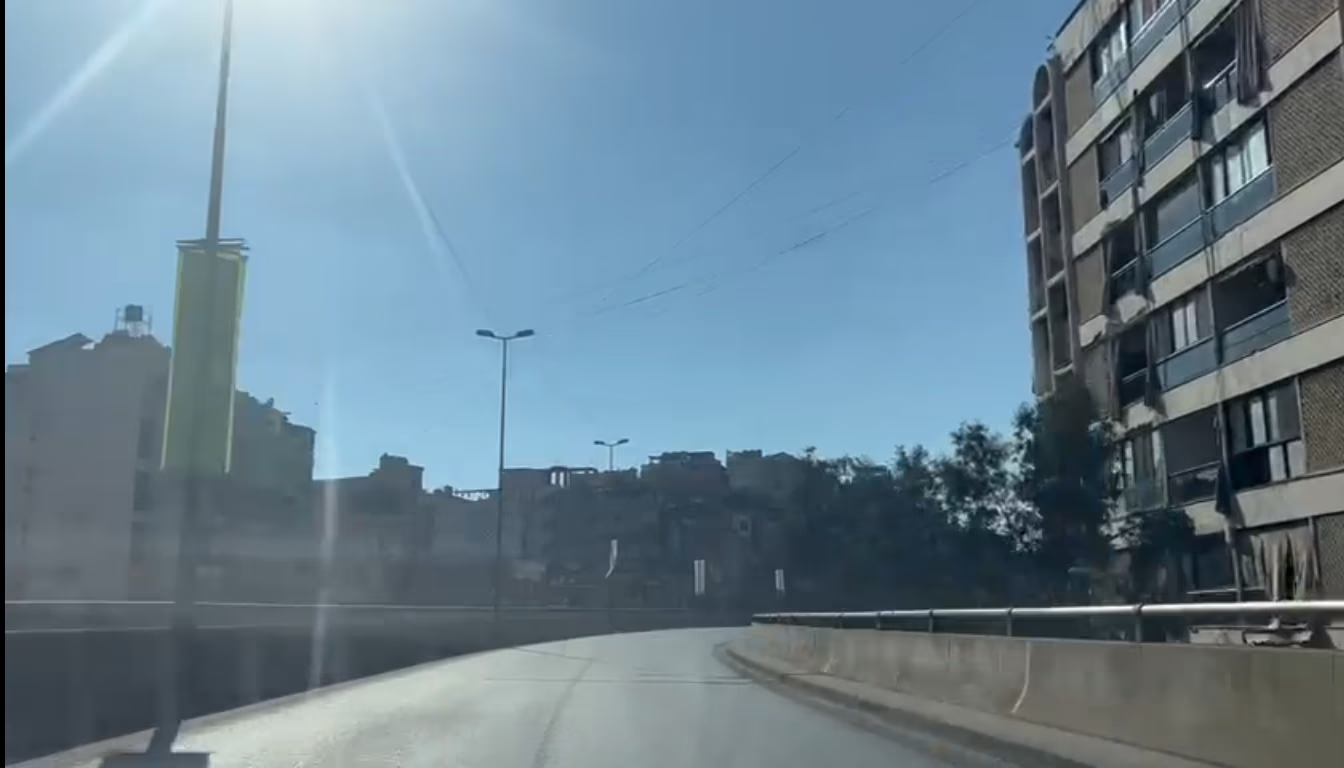
Source: aajtak
Special Operation Against Hezbollah
Israel's ongoing operation against Hezbollah is named 'Operation New Order,' aimed at eliminating leaders of anti-Israel organizations. Israel first identifies their enemies, gathers all necessary information, and then strikes their strongholds. Ismail Haniyeh and Hassan Nasrallah were both killed in this manner. Now, Hamas leader Yahya Sinwar, Iran's Supreme Leader Ali Khamenei, and Yemen's Abdul Malik Al-Houthi are potential targets.
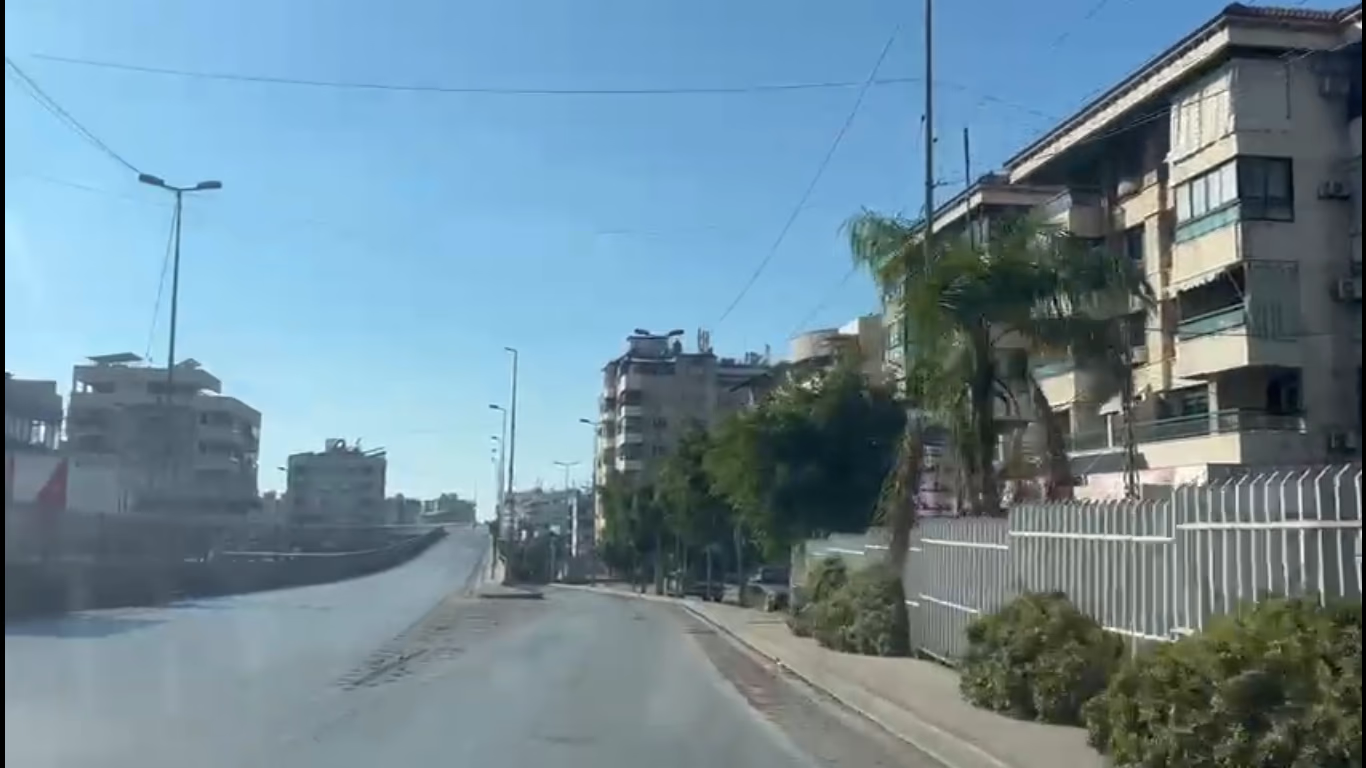
Source: aajtak
Body of Nasrallah Recovered
It has been confirmed that the body of Hezbollah Chief Hassan Nasrallah, who was killed in an Israeli airstrike, has been recovered in Beirut. However, the cause of his death remains a mystery as there were no visible injuries on his body. It's believed that he might have died from the impact of massive explosions.
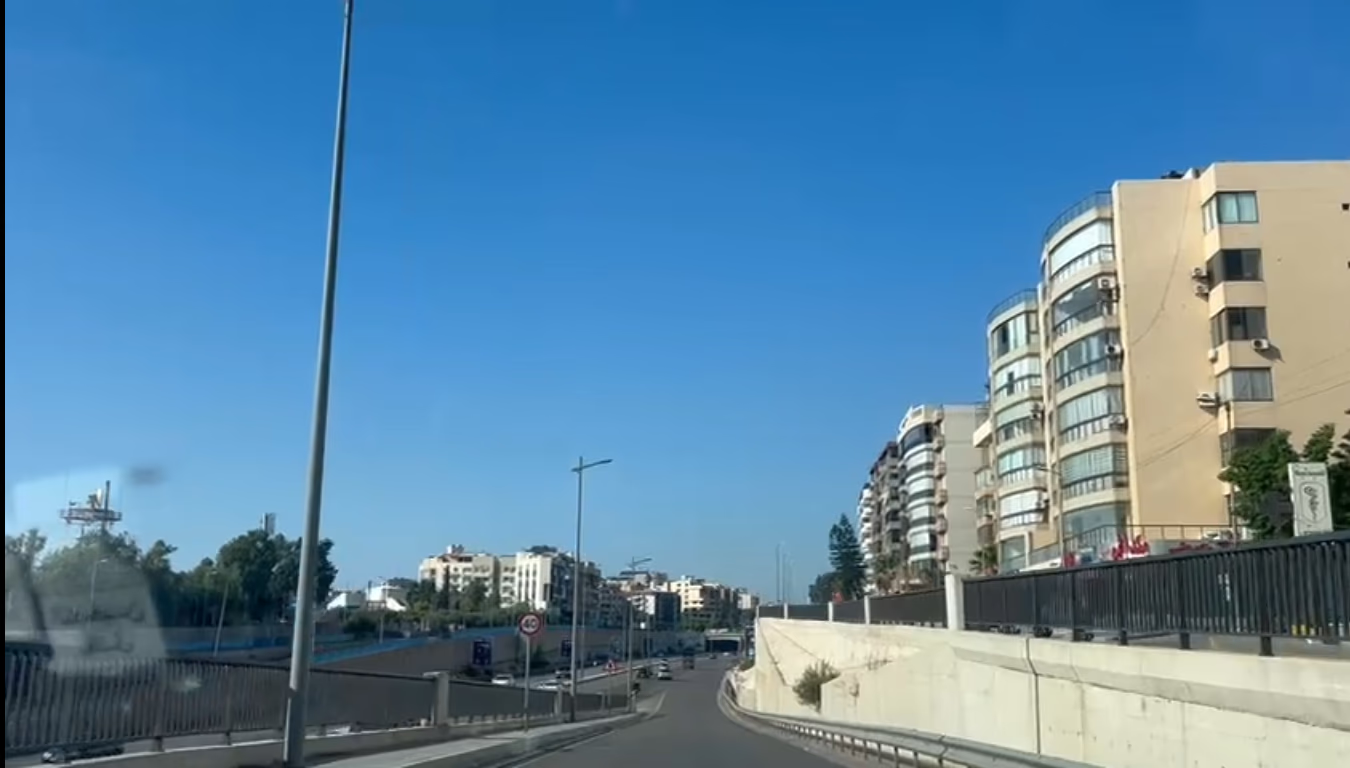
Source: aajtak
Iraq Declares 3-Day Mourning
Following the death of Hezbollah Chief, Iraqi Prime Minister Mohammed Shia' Al Sudani announced a 3-day mourning period. The tension has increased in the Middle East, and in response, Iran's Supreme Leader Ayatollah Ali Khamenei called an emergency meeting and has been moved to a secure location.
